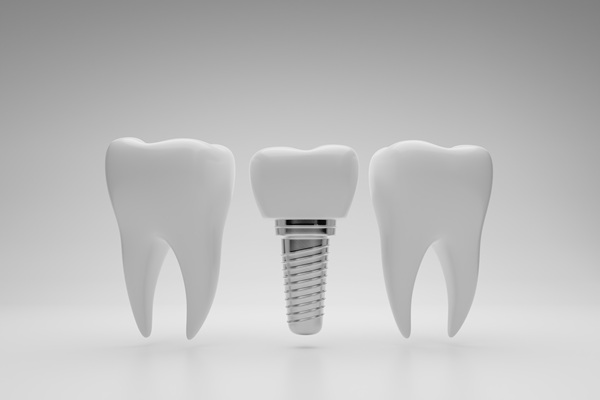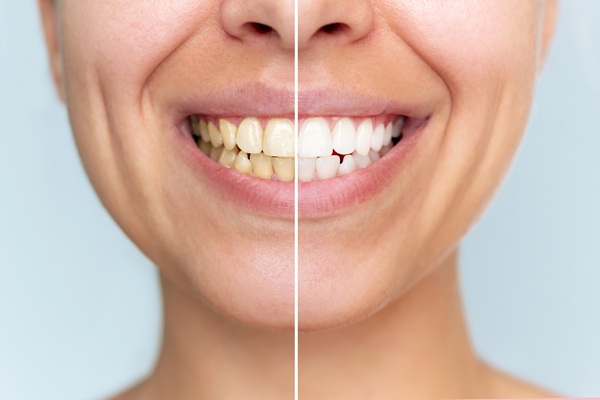How a General Dentist Treats Gum Disease

Like cavities, gum disease is a common dental dysfunction that affects people of all ages. If you are suffering from gum disease, you should not put off getting treatment. Your general dentist has the knowledge and training to relieve the symptoms of this disease. In some cases, the dentist might be able to reverse its effects. You can have peace of mind to know that there are methods available to restore your health and prevent more serious problems.
An overview of gum disease
Also known as periodontitis, this disease can damage the soft tissue in the mouth. It is characterized by red, inflamed gums and bleeding from this area while brushing or eating. Without proper treatment, periodontitis can cause bone loss and, eventually, tooth loss. Failing to brush and floss regularly will lead to this disease. This causes a buildup of bacteria between teeth and along the gumline. Plaque and tartar can form, destroying the gums and teeth.
Education
As the first signs of gum disease appear, the general dentist may teach proper brushing and flossing techniques to the patient. The individual may not be flossing and brushing enough, or at all. Or, the dentist may need to correct the way the patient is doing these things. Often, doing these habits correctly can stop the disease from progressing.
Scaling
This is one of the most common ways to combat gum disease. The dentist or hygienist can perform this treatment, either during a routine checkup or at a different appointment. Using a tool, the dentist or hygienist scrapes plaque and tartar from the surface of the teeth or below the gums. Some offices may use an ultrasonic device or a laser. This treatment can remove bacteria from the teeth and gums, promoting good health. It will reduce the risk of the disease becoming more serious.
Root planing
This process often accompanies scaling. The dentist smooths the surfaces of the roots. This minimizes the chances of bacteria growing and causing gum disease. It is also an effective way to stop tooth decay. This treatment can speed up the healing process for people who have severe periodontitis.
Medication
In some situations, the dentist may recommend using antibiotics to treat gum disease. Topical or oral medications can kill the bacteria that cause plaque and tartar buildup. This method is also a good way to keep infections from developing in the gums or teeth. The dentist may give multiple doses to the patient, depending on how serious the periodontitis is.
Surgery
The most severe cases of gum disease may require flap surgery. In this treatment, the dentist makes incisions in the gums, pulls them back, and exposes the roots. This allows the dentist to do more effective scaling. It can also let the dentist examine the bones and repair any bone loss.
Healing is possible
There can be serious consequences to having gum disease. The good news is that there is hope that you can recover from these issues. Your dentist can offer these treatments to restore your oral health. Make an appointment so you can discuss your options.
Request an appointment here: https://sunvalleydentalcare.com or call Sun Valley Dental Care at (619) 413-1121 for an appointment in our El Cajon office.
Check out what others are saying about our dental services on Yelp: Gum Disease in El Cajon, CA.
Recent Posts
If your dentist has diagnosed you with gum disease, you should seek treatment right away. If you do not address this problem quickly, it can become increasingly more serious. The faster you identify this condition, the more likely you are to treat it effectively. With the right intervention at the right time, you can reverse…
Practicing preventive dentistry at home allows you to reap many benefits for your general health. Brushing and flossing every day is a basic way of keeping your mouth in good shape. Having healthy teeth and gums helps support your whole body’s health. If you want to find out why good everyday dental hygiene is important…
Preventive dentistry deals with dental procedures to prevent dental issues, and it is critical for anybody who wants to keep their natural teeth for the rest of their life. Dentists used to spend most of their time treating dental issues rather than preventing them.Due to people's overly busy schedules, it is easy to put off…
Preventative dental services include every action a dentist takes that is aimed at maintaining good oral health. This helps prevent consequences like cavities, enamel wear, and gum diseases. Experts recommend preventative dental care to avoid expensive dental treatments in the future.Preventive dentistry has multiple categories, and in this article, we will discuss the five most…


